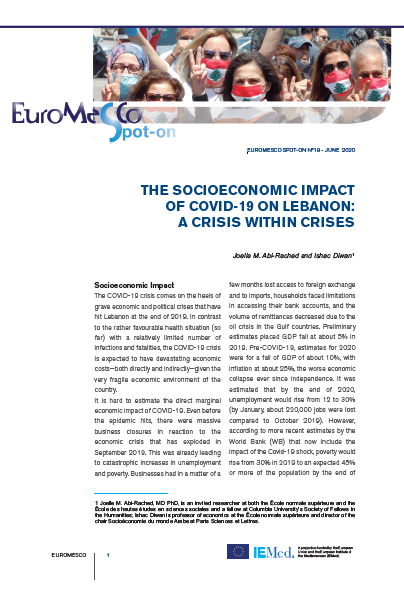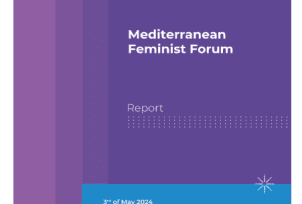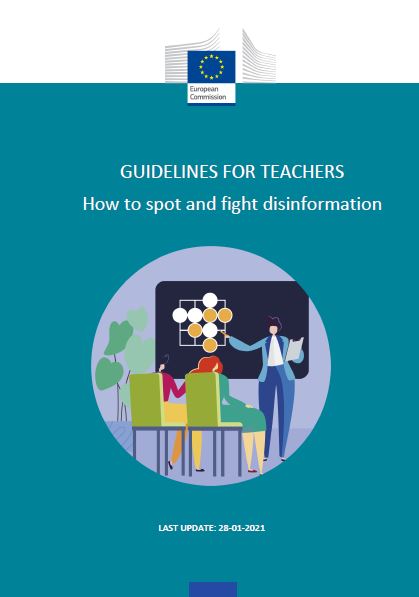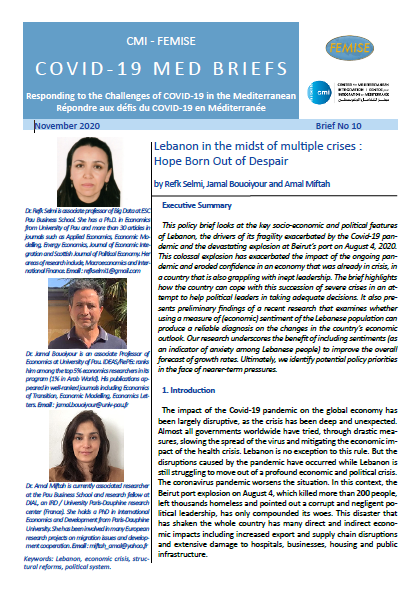Euromesco Spot-On n°19 – The socioeconomic impact of Covid-19 on Lebanon: A crisis within crises

The COVID-19 crisis comes on the heels of grave economic and political crises that have hit Lebanon at the end of 2019. In contrast to the rather favourable health situation (so far) with a relatively limited number of infections and fatalities, the COVID-19 crisis is expected to have devastating economic costs — both directly and indirectly — given the very fragile economic environment of the country.
Preliminary estimates placed GDP fall at about 5% in 2019. Pre-COVID-19, estimates for 2020 were for a fall of GDP of about 10%, with inflation at about 25%, the worse economic collapse ever since independence.
The COVID-19 crisis will exacerbate this deterioration. The Ministry of Social Affairs estimates that the COVID-19 effects on top of the economic crisis will lead to a fall in GDP to -15%, an increase in poverty over 50%, and a rise in unemployment over 50%. The situation is so dire that it will lead in all likelihood to a new social explosion, especially in the poorest areas, such as in Tripoli.
The government has put together a modest economic package to try to offset the impact of the new shock on the population. More than at any time in its history, Lebanon finds itself with extremely limited international support, either from the Gulf countries or from the West.
The paper concludes with a set of recommendations.
In sum, the COVID-19 crisis has made the policy dilemmas facing Lebanon harder — adjustment and reforms have become more complicated, but the risks of not reforming in the face of the large macroeconomic imbalances have also become direr. The hope is that the crisis would jolt the government into taking action not just to protect the short-term health of the Lebanese, but also their long-term prosperity; and that the relative success of the sanitary measures will have rekindled society’s trust in collective action in the face of adversity.
Latest Publications
































 Syria
Syria 



